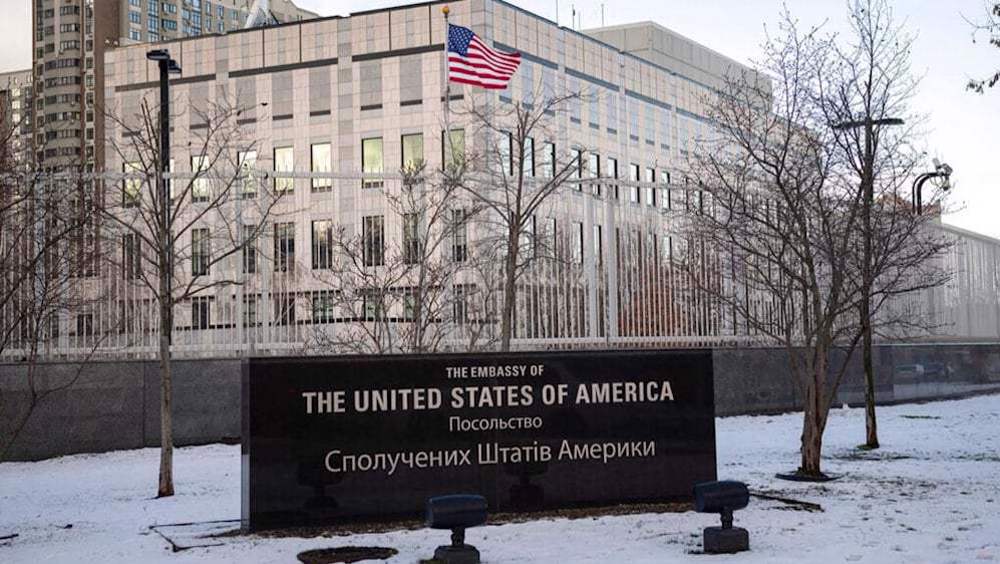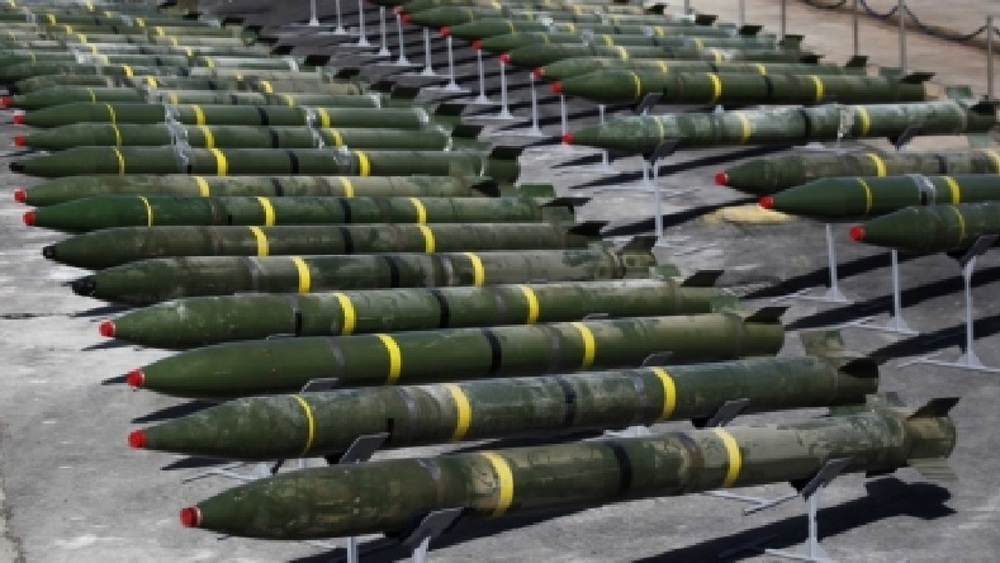Thousands turn out in support of Catalan leader
Thousands of people have staged a rally in Spain's second most populated city of Barcelona to express their support for Catalan President Artur Mas, who was questioned at a court on charges of conducting a referendum on independence from Spain.
On Thursday, some 5,000 supporters waved Catalonia flags and chanted "Independence! Independence!" and "This court does not represent us!" as Mas, flanked by some 400 pro-independence mayors and supporters, walked toward the Supreme Court of Catalonia.
"He fought and did what he had to do and we can't leave him alone now," Isabel Princep, a 58-year-old supporter of the Catalan president and a recently retired office clerk, said outside the court.
She added, "I find it totally unfair that a Catalan president is judged this way."

Mas appeared before a judge on charges of grave disobedience, abuse of public funds, prevarication, usurping power and obstructing justice for organizing the November 9, 2014 vote, which Spain's Constitutional Court had ruled as unlawful.
About 2.3 million of Catalonia's 7.5 million local residents took part in the poll, and nearly 1.9 million of the participants voted in favor of secession from the rest of Spain.
"I hold myself responsible for all of this. I am not avoiding any of my responsibilities," Mas said in a news conference following his court appearance, adding, "Whether to act like a democrat is to act like a delinquent, I leave that in the hands of the justice system. In my judgment, acting like a democrat means listening to the people.”
"A democratic success should never end up in the law courts," the 59-year-old Catalan leader said, noting, "This is a political case and should have a political solution."

Catalans cite high unemployment and public debt as main reasons for the decision to secede from Spain.
The region is currently paying Madrid around 16 billion euros a year more in taxes than it gets back from the central government. Catalonia owes around 40 billion euros in debt, which has forced regional authorities to introduce spending cuts in healthcare and education.
Many Catalans believe their economy would be more prosperous on its own, complaining that a high portion of their taxes goes to the central government in Madrid.
Catalonia, which consists of Barcelona, Girona, Lleida, and Tarragona, accounts for one-fifth of Spain’s economic output.
VIDEO | Press TV's news headlines
VIDEO | US-Israeli genocide: Will Gazans see ceasefire deal achieved?
VIDEO | Grief strikes Parachinar: 44 lives lost in terror attack
VIDEO | Yemen’s armed forces target Israeli airbase amid nationwide pro-Palestinian rallies
Putin vows more test of new hypersonic missile
VIDEO | Jordanians continue rallies to denounce Israeli genocide in Gaza, Lebanon
6 Israeli soldiers commit suicide: Reports
Diplomat discourages recourse to pressure, intimidation, confrontation against Iran










 This makes it easy to access the Press TV website
This makes it easy to access the Press TV website